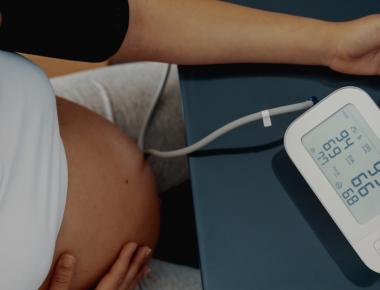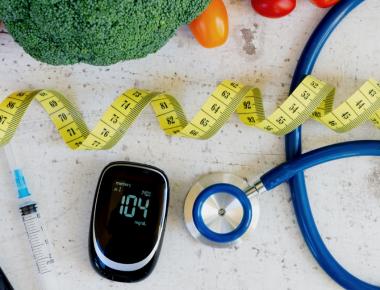
The Effect of Magnesium and Vitamin E Supplementation on Gestational Diabetes Mellitus

Table Of Contents
What is Gestational Diabetes Mellitus and its Risks?
Gestational diabetes mellitus (GDM) is a condition some pregnant women get during pregnancy characterized by carbohydrates intolerance. It affects about 1 to 20% of all pregnancies worldwide. Both environmental risk factors and genetic background contribute to the development of GDM. Aside from maternal and fetal complications, which are common with GDM, the mother and baby are more likely to have type 2 diabetes mellitus, and cardiovascular disease in the future brought about by insulin resistance and unhealthy lipid levels in the blood.
The Effects of Magnesium and Vitamin E on Metabolic Profiles of Patients with GDM
There is evidence that magnesium is essential during pregnancy and that low magnesium levels might lead to glucose intolerance. Few studies observed low magnesium and vitamin E levels in women with GDM. Several human studies have shown that magnesium supplementation can have beneficial effects on metabolic profiles by reducing insulin resistance, triglycerides, and very low-density lipoprotein (VLDL) cholesterol levels. However, it did not affect blood glucose, insulin levels, and other lipid profiles. On the other hand, some studies revealed that vitamin E could help improve glucose metabolism and lipid profiles in people with metabolic syndrome. Recently, it has been suggested that combined magnesium and vitamin E supplementation is more beneficial than magnesium alone in improving lipid profiles and blood viscosity.
Data on the effects of joint magnesium and vitamin E supplementation on the metabolic profile of patients with GDM are rare. Hence, we aimed in this study to evaluate the effects of magnesium and vitamin E co-supplementation on the metabolic status of patients with GDM.
The Study Method on the Co-Supplementation of Magnesium and Vitamin E for Gestational Diabetes Mellitus
A randomized, double-blinded, placebo-controlled trial was conducted among 60 pregnant women diagnosed with GDM, although non-diabetic before pregnancy. First, they were stratified according to age and body mass index. Then, participants in each block were randomly allocated into two groups, 30 in each group, to receive 250 mg/day magnesium oxide plus 400 International Unit (IU)/day vitamin E supplements or a placebo for six weeks. Their blood samples were taken to determine their metabolic profiles.
All patients were encouraged to maintain their routine dietary habits and physical activities during the study. They were instructed to complete 3-day food records and three physical activity records presented at weeks 0, 3, 6 of the trial. Their height, weight, body mass index were recorded, and a 10 ml fasting blood sample was taken at weeks 0 and 6 of the intervention.
The Results
Subjects who received magnesium plus vitamin E supplements had significantly lower fasting plasma glucose, serum insulin levels and homeostasis model of assessment-insulin resistance, and a higher quantitative insulin sensitivity check index than placebo. In addition, magnesium plus vitamin E supplementation significantly reduced serum triglycerides, VLDL-, low-density lipoprotein- (LDL), and total- to high-density lipoprotein- (HDL) cholesterol ratio compared with placebo. Magnesium and vitamin E co-supplementation seemed not to affect HDL-cholesterol levels.
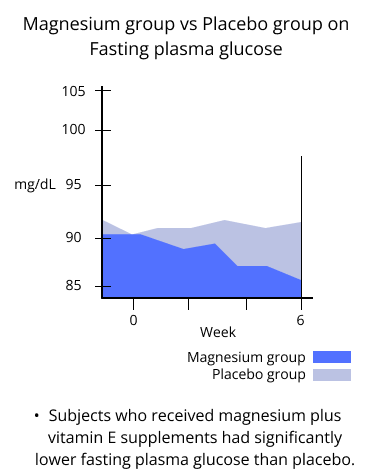
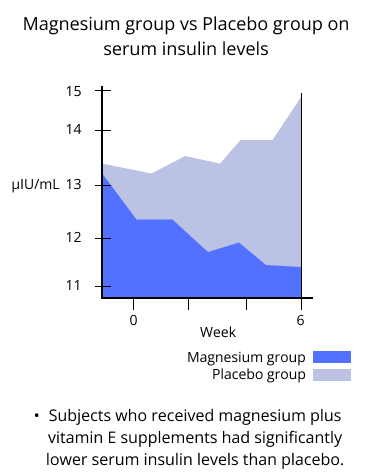
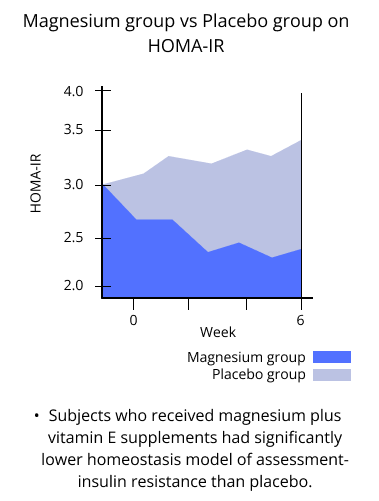
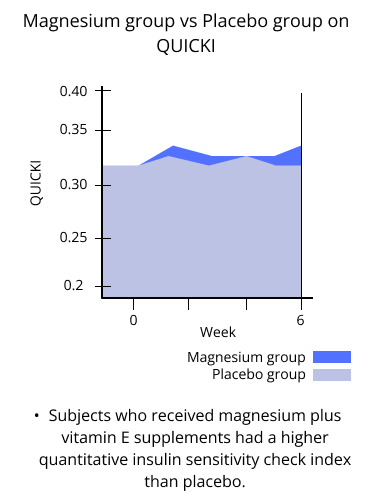
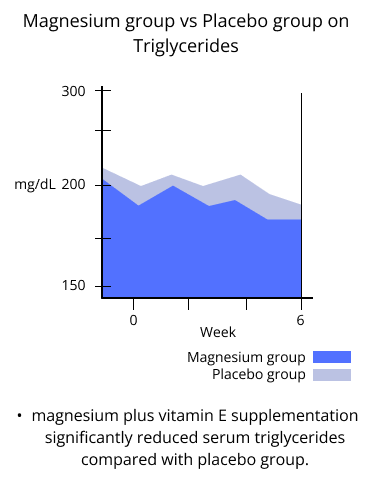
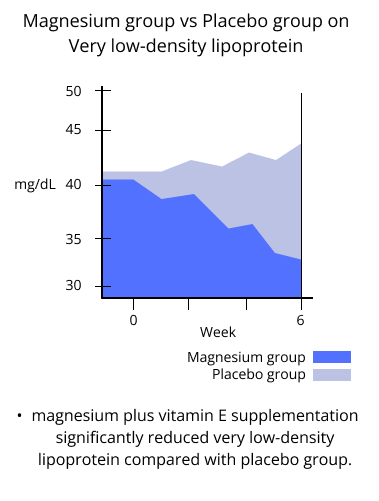
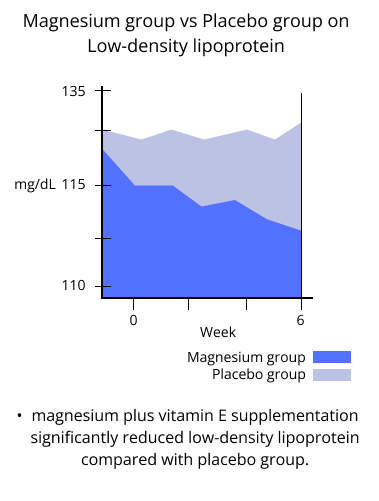
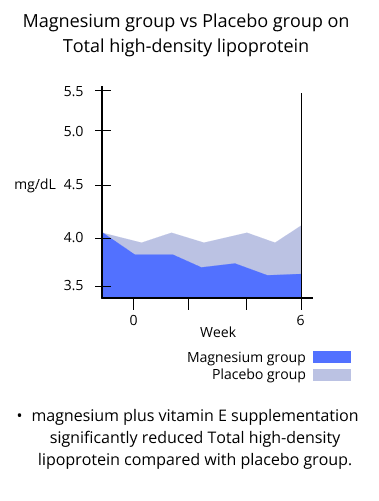
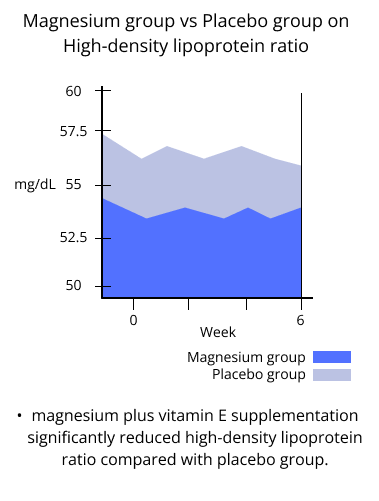
The Conclusion
Overall, magnesium and vitamin E co-supplementation for six weeks in women with GDM significantly improved glycemic control and lipid profiles except for HDL-cholesterol levels.
Reference
Related Posts

Quick Links
Legal Stuff



